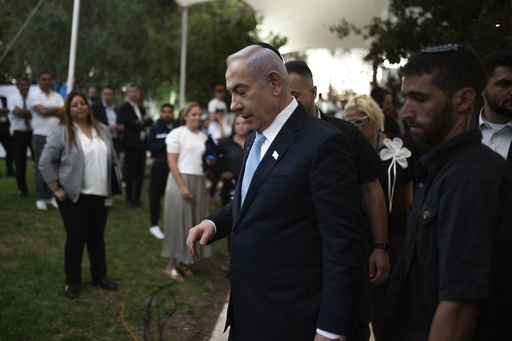Hezbollah, the Lebanese militant group, launched a drone attack on northern Israel early Monday, causing injuries to two Israeli soldiers and triggering a fire, as reported by the Israeli military. The incident occurred amidst escalating fears of a broader regional conflict following the recent killings of a senior Hezbollah commander in Lebanon and Hamas’ top political leader in Iran.
Hezbollah, backed by Iran, stated that the drone strike targeted an Israeli military base in retaliation for previous attacks and assassinations by Israel in southern Lebanon. The attack did not seem to be a significant escalation in response to the assassination of Hezbollah commander Fouad Shukur in Beirut the previous week.
The Israeli military confirmed that the attack caused a fire in Ayelet HaShahar in the upper Galilee region, which was being extinguished by fire services. Despite exchanging near-daily strikes over the past ten months against the backdrop of the Gaza conflict, Israel and Hezbollah have managed to keep the conflict at a relatively low level, avoiding a full-scale war.
The recent high-profile assassinations in Tehran and Beirut, targeting Hamas and Hezbollah leaders, respectively, have further heightened tensions in the region. Israel has been on alert for possible retaliation from Iran and its allied militant groups.
In another development, Australian Prime Minister Anthony Albanese announced an elevation of the nation’s terrorism threat alert level from “possible” to “probable.” This decision was made due to concerns about increased radicalization among young individuals and community tensions related to the Israel-Hamas conflict. This marks the first time the threat level has been raised to “probable” since November 2022, although Albanese clarified that there were no specific imminent threats known.
Meanwhile, Israeli Prime Minister Benjamin Netanyahu described the situation as a “multi-front war” with Iran and its proxies during a Cabinet meeting. With tensions running high and preparations underway to defend against potential counterstrikes, Israel remains on high alert for any escalation in the region. Diplomatic efforts are in motion, with Jordan’s foreign minister visiting Iran in an attempt to ease the situation, while the United States and its allies have deployed significant assets to the region as a precautionary measure.
